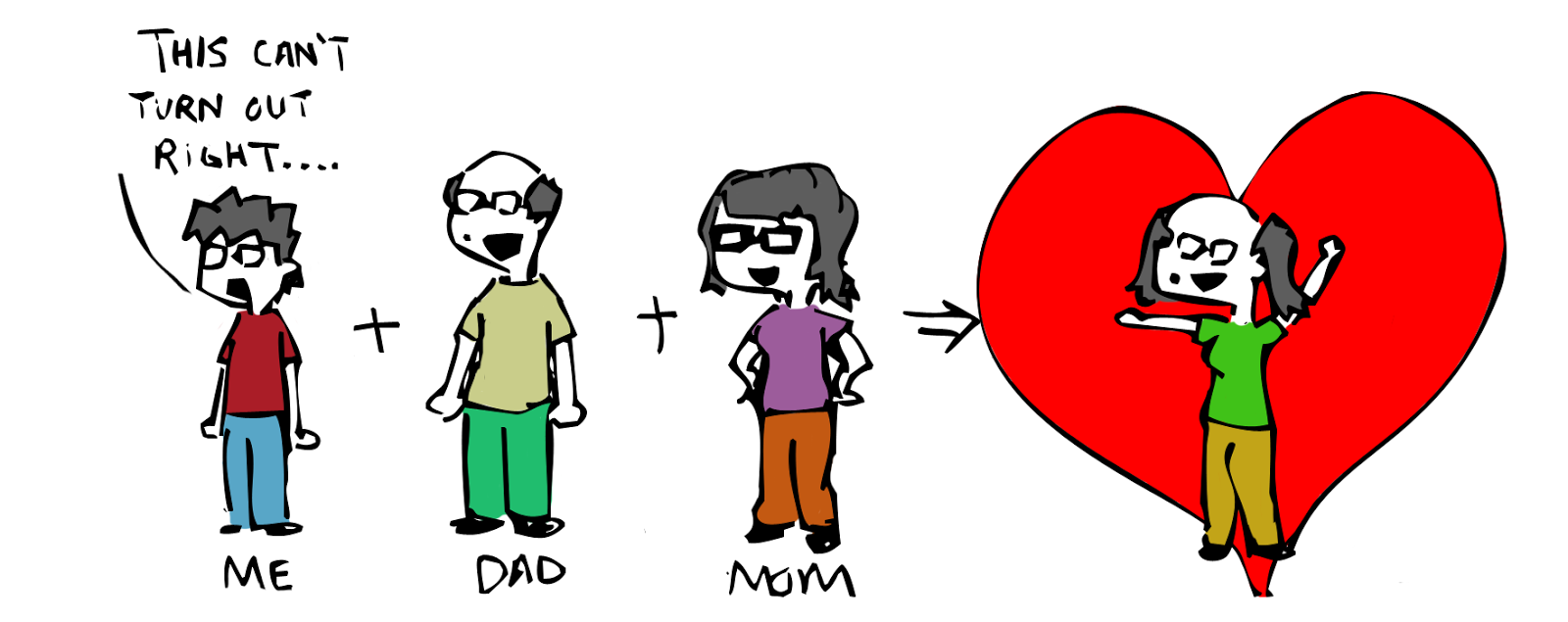Like it or not, the greeting card companies have won. Mid-February has
become and will remain a celebration of love and coupling and chocolates and
gift-giving. Whether you’re the type who can watch The Notebook ten times in a row and still get choked up, or an
emotionless automaton you are likely to see otherwise normal people making
googley eyes at each other on park benches and in restaurant windows for the
rest of the week. But what is going on with these people? Are they possessed by
a mystical, spiritual, connection with their one true soul-mate or is something
more scientific going on?
Given that this is a science website, you won’t be surprised to hear
that it’s the latter. Love, the feeling that drives us to do crazy things like
build empires and spend our Saturdays at Bed Bath and Beyond, is nothing more
than a trick of psychology and brain chemistry.
It all starts with infatuation. You look across a crowded room and your
heart starts to beat faster as you first lay eyes on… someone who probably looks either like you or one of your parents. Yes, as gross as it may seem, research has suggested that our
template for attraction is often shaped by the people who raised us. It makes
sense when you think about it. Our first feelings of love are directed at our
parents, so why not stick with what works? People are also attracted to
versions of themselves that have been morphed into members of the opposite sex.
One study found that when given a selection of pictures and told to choose the
most attractive person, participants picked out a computer-morphed version of their
own face over the faces of strangers nearly every time, even though they didn’t
recognize the faces as their own.
So you and your doppelganger are now dating. You likely have a few
things going on chemically in your body. First, your estrogen and testosterone levels have
probably surged, increasing your sex drive. When you see your new partner,
dopamine begins to stimulate the reward centres of your brain in much the same
way as it does when you win a hand of blackjack at the casino. Norepinephrine
(a cousin of adrenaline) is coursing through your brain and body just like that time
when you nearly crashed your car. Only this time, you've convinced yourself it is good excitement.
You’re pumped, you’re happy, and you’re primed for some lovin’, it’s no
wonder that this surge of chemicals is so addictive. Research scanning the brains of people in the early stages of love look eerily similar to those of
alcoholics and drug addicts, lusting for their next hit of the good stuff. Having your brain resemble that of a problem gambler is the least of
your worries, though; you are also very likely experiencing low serotonin
levels comparable to those of people suffering from obsessive compulsive
disorder. That explains why you literally cannot stop thinking about your
partner (Sandori, 2001).
If you decide to give in to your sex hormones you may just exacerbate
the problem. During sex your brain and the brain of your partner will release
oxytocin, which leads to feelings of close attachment (Carmichael, Humbert,
Dixon et al., 1987). Fortunately, if you get enough oxytocin, you will begin to
transition back to a closer approximation of your normal self as you enter the stages
of long-term love. If your relationship emerges from the initial euphoria and
you don’t find your partner’s suddenly apparent flaws to be a deal-breaker,
your body will begin to amp up production of vasopressin. Vasopressin has been
linked to long-term, monogamous love and actively interferes with the dopamine
and norepinephrine that make infatuation so much fun. You may not be as excited
and horny, but you probably feel more relaxed.
The general sense of calmness and well-being you feel is being fed by a
constant stream of endorphins. Congratulations, you are no longer a crazy
person. Over time you can even begin to exit your love-den and re-enter
society. If you’re really lucky, you might even find yourself in a situation
where you’re only paying for half the rent on your one-bedroom apartment. This
love thing isn’t so bad after all.
And that is pretty much it. Love isn’t a mysterious force of the
universe that binds us together; it can be explained with a little psychology
and a cocktail of neurochemicals. It makes sense when you think about it,
evolution has programmed us to fall in love to ensure the species continues. If
acknowledging that fact takes some of the romance out of love for you, you’re
probably coming at it from the wrong angle. Rather than living in awe of love
as the wondrous spiritual outcome of two people overcoming the odds of
probability to come together and form a connection, maybe we should all just
marvel at the complexity of the process and feel lucky that we have brains
capable of experiencing it at all. That is a fact worth sharing a box of
chocolates over.
References:
Sandroni P (October 2001). "Aphrodisiacs past and present: a
historical review". Clinical
Autonomic Research11 (5):
303–7. doi:10.1007/BF02332975
Carmichael MS, Humbert R, Dixen J, Palmisano G, Greenleaf W, Davidson JM
(January 1987). "Plasma oxytocin increases in the human sexual
response". The Journal of
Clinical Endocrinology and Metabolism 64 (1): 27–31. doi:10.1210/jcem-64-1-27









1 comment:
fhfhfh
Post a Comment